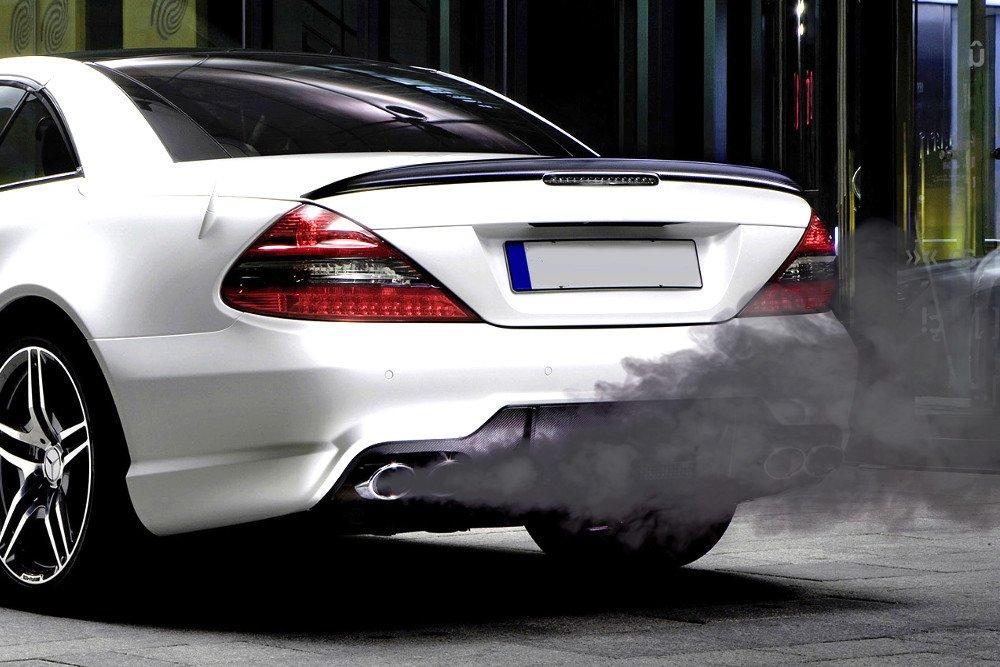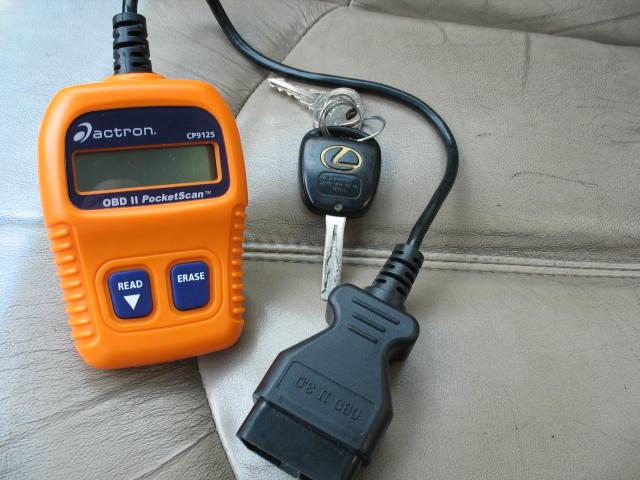7 Popular Bad Ignition Coil Symptoms
How do you know the car’s ignition coil is in trouble? When it shows erratic behavior and does not run smoothly. The coil supplies power to the spark plugs from the generator. It ignites the fuel and provides the engine enough power to run the vehicle. When it fails, your car will show difficulties starting. So, you have to know what the bad ignition coil symptoms are to identify the problem and take necessary action.
What Does An Ignition Coil Do In Your Car?
The ignition coil, an essential component of the car engine system, is a vital part of the vehicle’s ignition system. Its primary function is to deliver high-voltage electrical pulses to the spark plugs, which in turn ignite the fuel-air mixture in the engine’s combustion chambers.
By converting the voltage of around 12V from the car’s electrical system into a significantly higher voltage range of 15,000 – 20,000V, and sometimes even reaching 50,000 – 75,000V through electromagnetic induction, the ignition coil generates powerful sparks capable of traversing the gap within the spark plug.
These sparks, in conjunction with the igniter, initiate the ignition of the fuel within the combustion chamber. Therefore, its efficient operation is crucial for the engine’s performance, fuel efficiency, and overall drivability of the vehicle.
7 Bad Ignition Coil Symptoms
There is a dedicated ignition coil for each of the spark plugs. They are connected either directly or via wires. The plugs require around 15,000 to 20,000 volts of electricity to create the spark to ignite the fuel.
However, over time, the ignition coil can experience deterioration, burnout, or complete failure, resulting in compromised performance. And you should note that even a slight glitch can result in big issues.
When the coil begins to exhibit signs such as weak sparks, failure to initiate ignition, or incorrect ignition timing, it can lead to diminished engine performance or even engine stalling. At this point, it becomes necessary to replace the faulty ignition coil.
Let’s learn the bad ignition coil symptoms to keep your car healthy and trouble-free:
1. Backfiring
It’s one of the earliest symptoms and taking action during this period will help you to avoid costly repairs down the road. Watch out for the emission of black smoke and the stench of gasoline at the time of starting the engine. Ignoring it can eventually damage the exhaust system.

2. Misfiring of the engine
It happens when the coils have failed. The engine will make coughing noises and cause a bumpy ride at high speeds by jerking and spitting. Your car won’t get enough power at the time of driving. The failed coils will also be the reason for vibrating when idling.
3. The issue with the engine starting
It is obvious because ignition coils help the engine to kick off. So, any problem with them will affect this function. You can be certain that the problem is with the coils when the car shows trouble starting in cold weather.
Watch more:
4. Engine hard starting
Some models use a single coil for creating the ignition spark. So, all the cylinders will be affected when there’s a malfunction with the coil. The engine will crank but there will be no spark and the car won’t start.
5. Engine light code on
Bad ignition coil symptoms also include the turning on of the engine light code located in the combination meter. The common code is P0351, which indicates a primary or secondary-level circuit malfunction in the ignition coil. When it happens, you have to check the glitch by using a diagnostic tool.
It will be a DTC light turning on if you are driving a BMW model.

6. Vehicle stalling
This annoying is another consequence of driving with a failed ignition coil. It results in creating irregular sparks to the plugs, causing the vehicle not to get enough power. Thus, the car may stall frequently and shut off at some point. In that case, you have to restart it.
7. Poor fuel economy
A bad ignition coil can’t supply the required power to the spark plugs. As a result, the car struggles to start the engine and uses more fuel to make up for the lost power. The consequence? Losing mileage for each gallon.
Understanding more about bad ignition coil symptoms in this article:
Should All The Ignition Coils Be Replaced At The Same Time?
Each cylinder has its ignition coil, and if one coil fails, it will not affect the operation of the other coils or cylinders. Additionally, the coils that originally came with the engine have often been thoroughly tested and determined to be compatible with the engine.
If you replace another coil that has not been quality tested or is incompatible, it will reduce the engine’s performance. Therefore, if checking the ignition coils and only discovering that a few coils are working poorly or are damaged, drivers should not replace all the coils but just replace the defective coils.
Our conclusion is “It is not always necessary to replace all the ignition coils at the same time. Generally, it is recommended to replace only the faulty or failing ignition coil.”
Furthermore, it is important to be aware that ignition coils have a finite lifespan. Therefore, as the vehicle approaches the manufacturer’s recommended operating period, as stated in the technical specifications, the car owner should consider replacing the coils. This ensures optimal engine performance and safety.
Typically, the appropriate time for replacement falls within the range of approximately 193,000 – 240,000 km of mileage. During routine vehicle maintenance, car owners can consult technicians to assess the functionality of the coils and determine the most precise timing for replacement.
Wrapping Up
In conclusion, recognizing the symptoms of a bad ignition coil in a car is crucial. Regular maintenance and periodic checks of the ignition system can help identify and address any ignition coil problems promptly, promoting the longevity and reliability of the vehicle.














